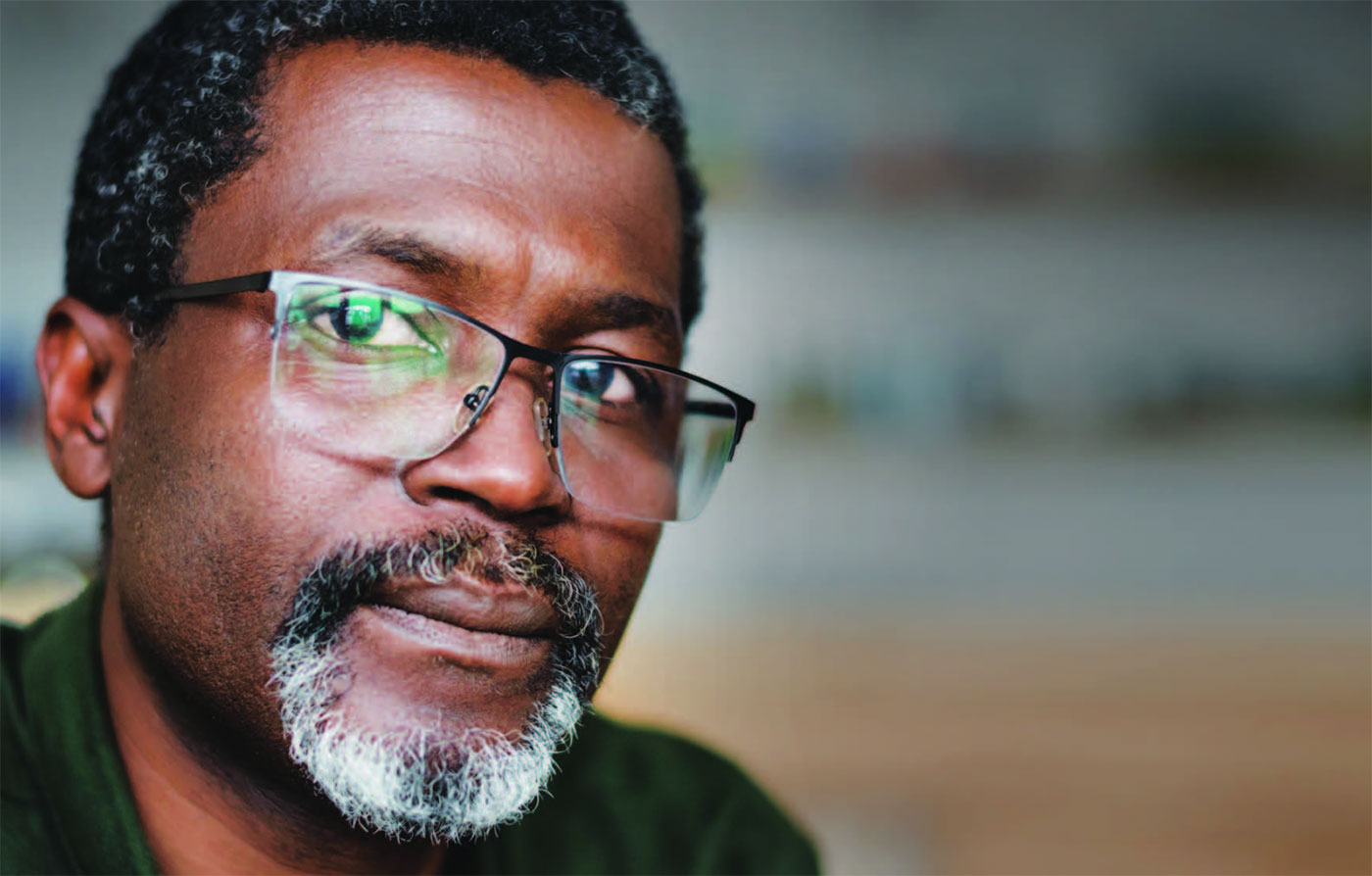
Prostate Cancer Research
This page explains our work on prostate cancer research and the involvement of the Robert Lane Tissue Bank.

This page explains our work on prostate cancer research and the involvement of the Robert Lane Tissue Bank.
Medical teams need to decide who requires treatment after prostate cancer is diagnosed and who can be safely ‘observed’ with routine follow up.
Prostate cancer treatments often have serious side effects such as impotence and incontinence. Better understanding of prostate cancer would enable scientists to identify which are likely to progress. This would enable better treatment options.
To achieve this, thousands of cancer samples need to be collected and tested.
Research has shown the potential of using Circulating Tumour Cells (CTSs) for prostate cancer diagnosis. CTCs have the potential to indicate cancer aggressiveness. Further research is essential to validate these findings.
The researchers also want to better understand the role of genetic changes in cancer development. This work needs to take place through ongoing continuing collaboration with the international consortiums in prostate cancer genetic risk and somatic genetic analysis.
For advanced disease there are several markers which might help with treatment choices. This ‘bespoke’ or tailor-made treatment is called personalised medicine and may help to decide which drugs a patient receives.
Dr Prabhakar Rajan from Barts Cancer Institute has recently co-authored at senior level a Study in the scientific paper, Cell Reports, which identifies how a cancer-causing gene regulates genetic variation in prostate cancer. Orchid is delighted to have part funded this work. It is believed that this research may predict disease relapse and provide new drug targets to improve patient survival.
The Robert Lane Tissue Bank is currently able to support Professor Berney’s research vision in several ways. The tissue bank is currently supporting research that includes:
This new research led by Dr Belinda Nedjai aims to elucidate the intricate relationship between obligate anaerobes and vitamin deficiencies, particularly Vitamin D and K2, in prostate cancer progression. To read more about it, click here.